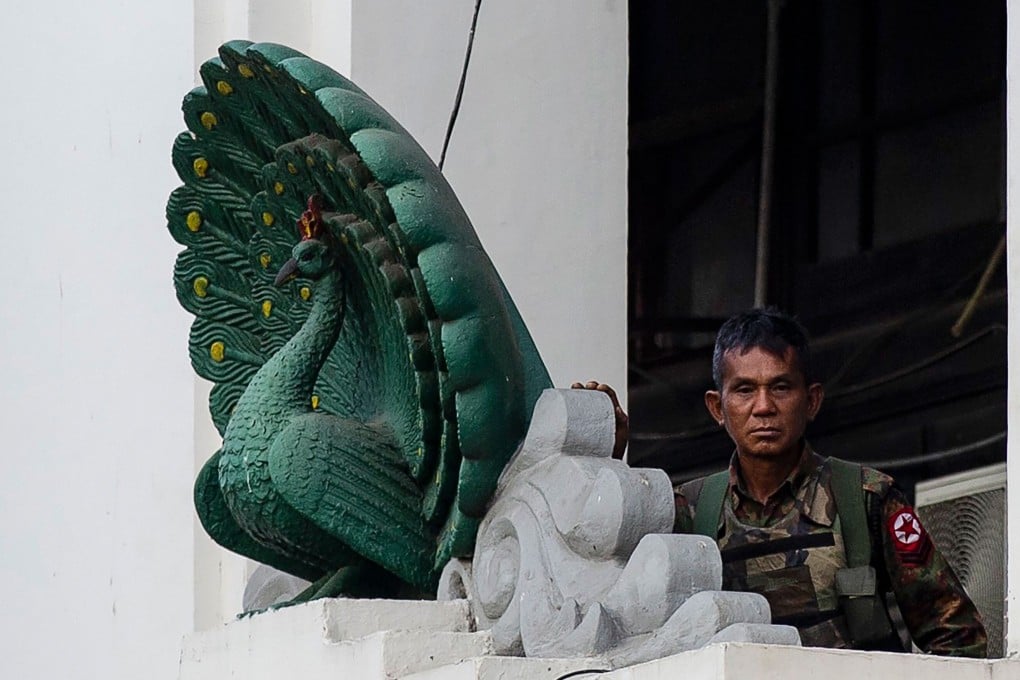Myanmar coup: protests and political instability on the cards, along with a test for Joe Biden
- Experts say the military’s move to seize power has sparked fears of human rights violations, with a return to democratic rule uncertain
- The coup also has regional ramifications, with China keeping an eye on its investments and the new US administration expected to focus more on rights issues

The military, known locally as the Tatmadaw, in a statement said a state of emergency had been declared under Article 417 of the country’s constitution due to what it claimed were irregularities with the election.
Maitrii Aung-Thwin, associate professor of Myanmar and Southeast Asian history at the National University of Singapore (NUS), said as far as the military was concerned, the government and the country’s Union Election Commission did not respond adequately to its concerns following the polls.
“They appear to view this situation as a threat to the union,” Aung-Thwin said, adding that it was important to understand that this move was different from earlier coups in the sense that the military had not dismantled the current system.

04:08
'Worst nightmare': violence feared after Myanmar military coup
Myanmar was under military rule between 1962 and 2011, and Yangon was the scene of protests in the 1980s and 2000s that ultimately led to the military agreeing to a transition to democracy. Suu Kyi in 2015 won Myanmar’s first election and became the de facto head of government, but the military still had a role to play, retaining control of three ministries.